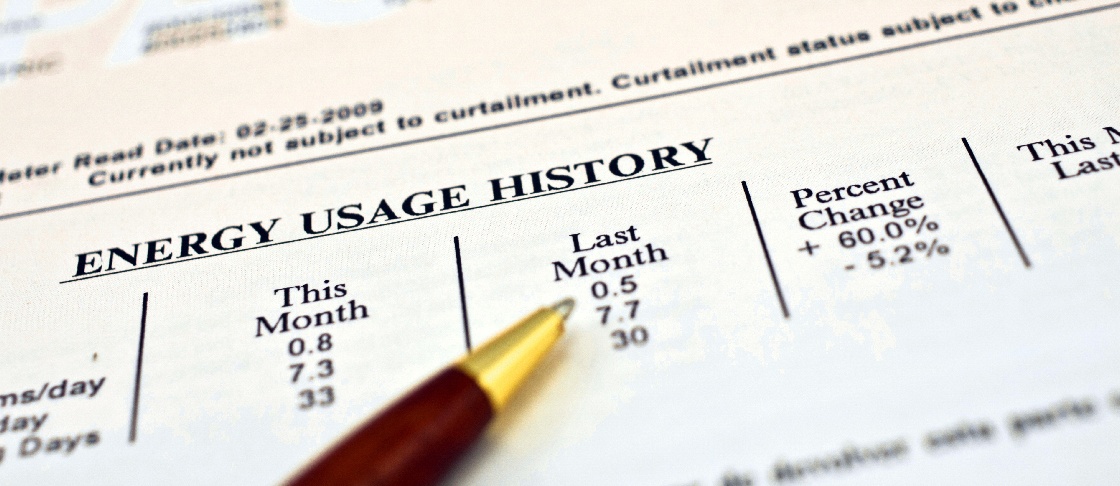Three Strategies to Lower Your Utility Bills

If you are an adult, then you know that bills can be frustrating. It seems like no matter how hard we work or how much money we make, we still end up spending so much on our basic expenses to live that we have little to nothing to spend on our families, communities, or ourselves. One of the reasons that we all seem to struggle with this problem is that we don’t cut our costs as well as we can. Fortunately, we have a number of methods of doing just that! Among the best methods to cut down on your costs is to pay attention to your utility expenses. Utility bills—unlike rent, mortgages, and others—are subject to change based upon your consumption. If you want to spend less on your utilities, you just have to use them less, more efficiently, or more intelligently. Here are three strategies for you to do just that.
1. Turn Off Energy Sources When You Aren’t Using Them
Your parents may or may not have ingrained into your daily life a habit of turning off the lights upon exiting a room. Though these parental concerns seemed nitpicky and annoying to us when we were children, we may come to feel the pain of higher-than-expected light bills as we age! Why in the world, the reasoning goes, should we throw away money to light up a room which is empty and unused? As useful as this attitude is in thinking about shaving down your utility bills, many people do not apply it to other parts of their utility bills. In addition to lights, there are other things we can turn off to save energy. Ceiling fans and air conditioners are great examples! What good does it do to keep your home’s temperature comfortable when no one is actually in the home to be comfortable? Your house isn’t likely to get too hot in your absence, and you can turn the A/C right back on as soon as you return. Think about all the things you can turn off or unplug when you are gone and it will pay off!
2. Don’t Pay for Wasted Energy
Paying for unused energy isn’t the only problem we run into that unnecessarily adds to our utility bill. Paying for wasted energy can be just as damaging to our wallets and far more irritating. At least when we fail to turn off unused energy it is actually functioning properly. In other cases, we may find ourselves paying for utilities which are not functioning properly and are basically just money sinks. For example, leaks result in water dripping—even flowing—out of your pipes or hoses without it providing any actual utility to you. Be sure to check your plumbing regularly to ensure it isn’t wasting water. Even if a utility isn’t broken, a user error or oversight may hinder its ability to do its job. Perhaps someone could close their vents to cut off A/C circulation when they are uncomfortable and forget to open them up again later! They’d be befuddled when the home’s temperature doesn’t change rapidly. Yet, even with the vent closed, the air is still being generated and a bill increase with it. Situations like this offer the worst of both worlds since you are paying for things which literally aren’t working right. Be sure to avoid them!
3. Know When to Use Your Hot Water
A final set of strategies that your household should make use of as it works to reduce its utility bill involves proper use of your water heater. One small-lifestyle change you can potentially make is to take shorter showers whenever possible, eliminating much of your water heater’s energy consumption throughout the month. Even if you can’t take any shorter showers or have no desire to, you can find other ways to limit your hot water consumption. Laundry machines and dish washers are other sources of enormous hot water-based energy consumption which contribute to your bill. In laundry machines, consider using cold water to wash your clothes whenever possible. Some clothes, such as darker ones, wash just as well, or even better, when washed with cold water since it bleeds less of the color. For your dish washer, you should attempt to use it as efficiently as possible. Make sure that it is full of dishes when you run it, that way you aren’t running it so often and paying for more hot water than necessary. If you use dishes scarcely, consider handwashing as much as possible. Alternatively, you may circumvent the dish washing process entirely by making use of disposable dishes.
Though it may seem overly scrupulous to worry about turning your ceiling fan off or whether you are using too much hot water, methods like this will surely reduce our energy consumption. After all, high utility bills are not generally the result of one-time splurges which can be easily avoided. They are more generally the result of higher-than-necessary electricity and water use which compound every day. If you take the time to find ways to use less energy or use it more carefully, you can save money and spend it elsewhere.

